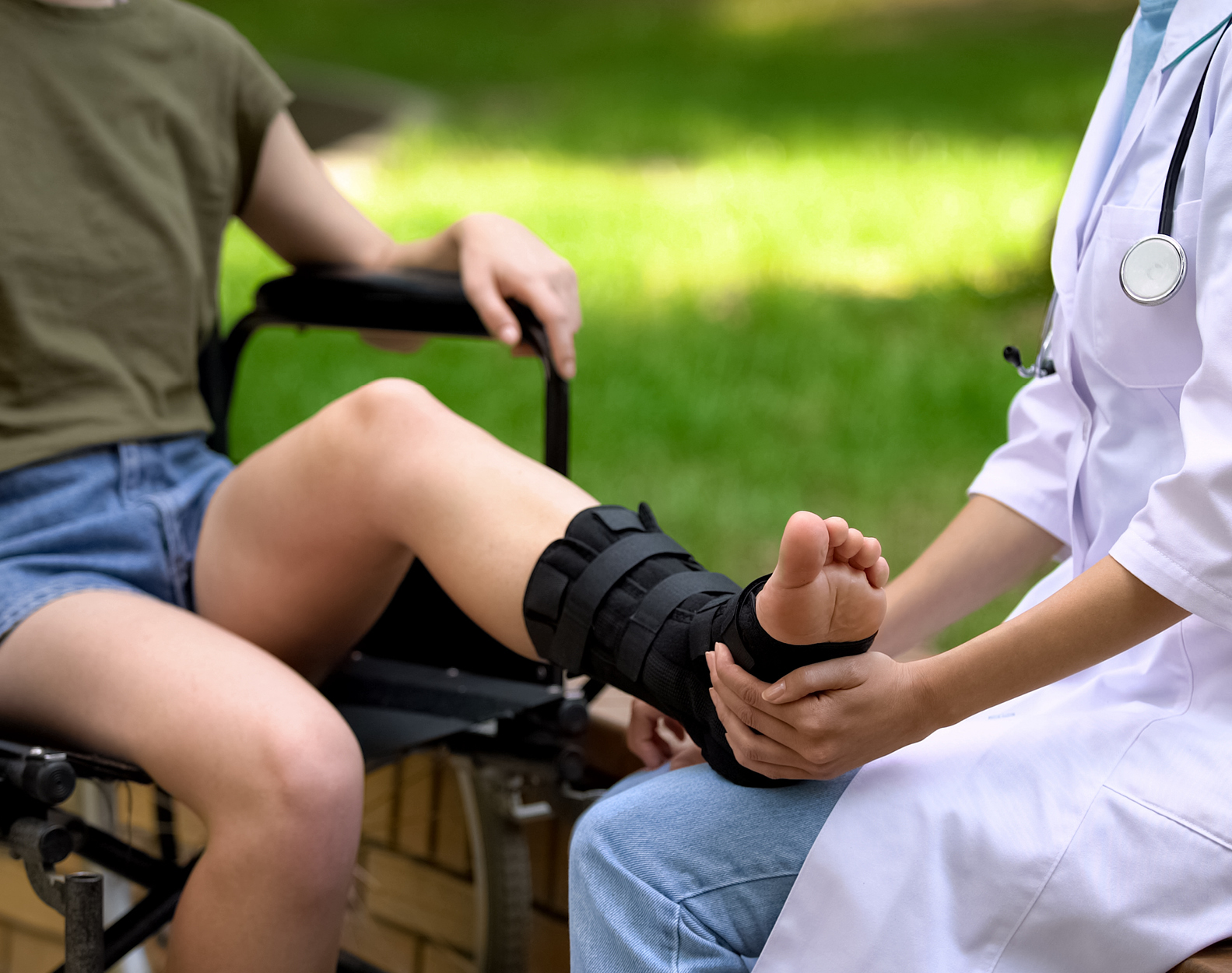
DPMs deal with all types of foot disorders such as ingrown toenails, tumours and cysts, warts, corns, and calluses, deformities from birth or neglect, sprains and fractures, diabetic foot care, , etc.
Average Hourly
$75.07
Range Hourly
$52.87-$98.15
Average Yearly
$146,386
Range Yearly
$103,089 – $191,385
Other professional occupations in health diagnosing and treating (3125)
Doctor of podiatric medicine (D.P.M.); Foot specialist; Foot Doctor; Foot Surgeon; Podiatric Surgeon;
A four-year doctoral degree program in podiatric medicine available in the United States and in Quebec, normally following completion of a bachelor's degree program, is required.
A medical residency is required in Alberta and British Columbia.
A doctor of podiatric medicine (D.P.M.) degree is required to practise podiatry in Quebec, Ontario, Alberta and British Columbia.
Medium
Employment outlook is good to fair in most provinces. More information is available here.
With training and experience, podiatric physicians can become podiatric surgeons. They perform surgery on soft tissue and bone. Their practice includes being on call and doing minor surgery in outpatient clinics. They may also do surgery in hospital operating rooms as part of a medical team.
Podiatric surgeons also focus on diabetic foot ulcers, limb preservation surgery, elective foot and ankle surgery, and forefoot trauma surgery. They collaborate closely with physicians in other medical specialties. These can include orthopaedic surgery, vascular surgery, internal medicine, and infectious disease.
2-3 years post graduate training and experience are usually required
Universite de Quebec a Trois-Rivieres (UQTR)
Many programs in the United States are approved in Canada. Examples:
Arizona Podiatric Medicine Program (AZPod) at Midwestern University
Barry University School of Podiatric Medicine
College of Podiatric Medicine and Surgery at Des Moines University
New York College of Podiatric Medicine
Find more
• An interest in helping people
• An aptitude for science
• Manual dexterity
• Physical strength
• Good eyesight
• Enjoy working with people and following a routine. Comfortable using instruments and equipment for precision tasks
• Ability to work independently
To obtain a certificate of approval for registration, an applicant must have:
• Graduated from a college of podiatric medicine approved by the Board of Examiners in Podiatry
• Successfully completed Part 1, 2, 2 CSPE (Clinical Skills Patient Encounter), and Part 3 of the American Podiatric Medical Licensing Exam (AMPLE)
• Completed a 2-year or greater post-graduate residency program approved by the Council on Podiatric Medical Education of the American Podiatric Medical Association
For more information, visit the CPPA website.
Most podiatric physicians set up a general practice, either alone or with a group of colleagues. Podiatric surgeons have hospital privileges and must spend time in hospitals or clinics.
Need to complete an approved DPM program.